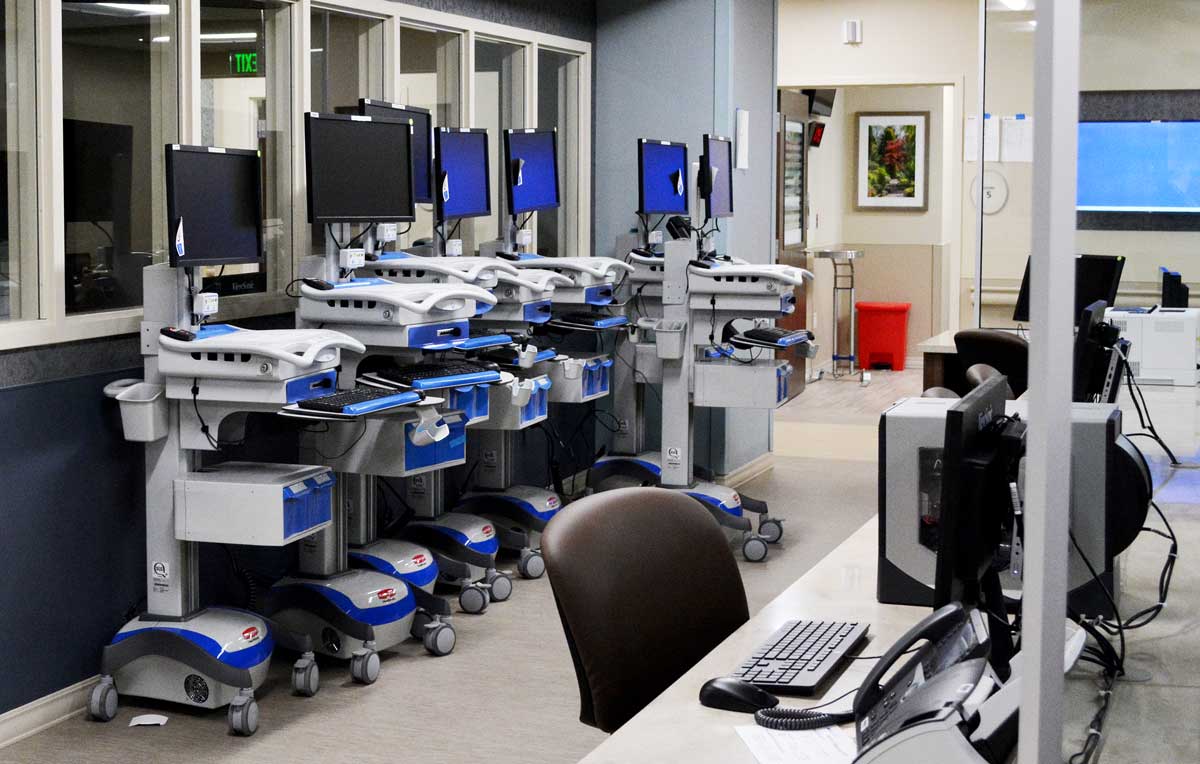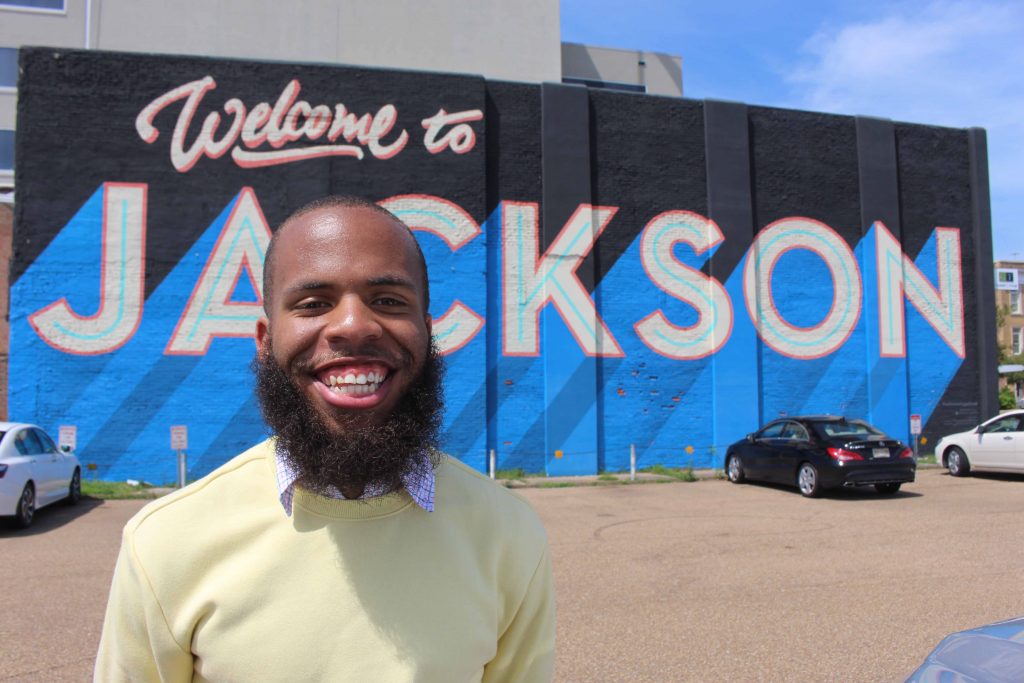Chip Wade was making lunch at his home in Oxford when his wife, who was swiffering the floor, asked him to get her another filter for the mop. At that moment, something clicked.
Understanding that there is a national shortage of personal protective equipment (PPE) to protect healthcare professionals from COVID-19, Wade thought, “Why can’t we use this same technology – a reusable device with an interchangeable filtration system – in the masks used by nurses and doctors on the frontlines of this crisis?”
Wade, an assistant research professor of biomedical engineering, an assistant professor of integrated marketing and communication and the co-director of the Center for Diagnostics, Design, Devices and Biomechanics at the university, made a few phone calls. He called Troy Drewry, a professor of practice in biomedical engineering at Ole Miss, to gauge whether or not this would be a feasible endeavor. Drewry said, ”Give me a day.”
Within 24 hours, they had a 3D-printed prototype of a mask. In actual production, the devices won’t be 3D printed. Rather, they’ll be developed through injection molding – a technique that allows manufacturers to scale production of the masks rapidly.
“Through injection molding, unlike 3D printing, we could do masses. (We can make) 5,000, 6,000, 7,000 masks a day, as opposed to a few hundred,” Wade said.
Wade then contacted a friend at United Plastic Molders, an injection molding company based in Jackson, to see if they could scale their product. They are capable, Wade said, which enables them to cut costs and time compared to sewn or 3D-printed masks.
The cost of N95 masks — highly protective masks for doctors and nurses that are in short supply — range from $2.00 to $17.00. Wade believes they can print individual masks for less than one dollar each, and the applications may vary.
“(Healthcare professionals) could either reuse it and disinfect it under a UV light, like most hospitals do, or it could be a discarded mask. They could also simply use and throw it away at the end of the day,” Wade said.
The mask’s design is contingent upon an accessible bank of filters, of which there is currently a national shortage. Wade drove to Sherwin-Williams to buy out their remaining stock of filters to use for prototypes, but 3M, the corporation responsible for nearly all of the certified filtration materials, is running short on supplies.
“In the normal world, we’d be able to pick up the phone and probably get a roll of certified fabric to make our filter, and (right now) we can’t do that,” Wade said. “In the last couple of days we’ve been trying to find a resource or a source or somebody that has an idea around where we can find filtering material that we can get to NIOSH to certify our own filter mask, instead of using aftermarket filters.”
The National Institute for Occupational Safety and Health (NIOSH) is responsible for certifying materials and devices used by healthcare professionals in the United States. One of Wade’s former students at the University of Pittsburgh currently oversees PPE certification at NIOSH, and over Zoom, they discussed an “expedited process” if Wade and his team can develop their own filter application. In the meantime, they will use after-market filters like the ones purchased at Sherwin-Williams.
Wade and his team are self-funding the project. He estimated the mask can begin to be mass-produced by the end of next week. A far larger amount of money will be needed to fund production at such a large scale. He said that he’s spoken with a small group of alumni about funding the project once it is ready to be scaled.
Once manufactured, Wade plans to give the masks away to healthcare professionals free of charge. He said that they had not developed a plan for giving the masks to the general public, but added that they hoped to do so, as well.
If you have information about a supply of filtering material that can be used in the masks’ production, email The Daily Mississippian (thedmnews@gmail.com) or Chip Wade (cwade@olemiss.edu).















